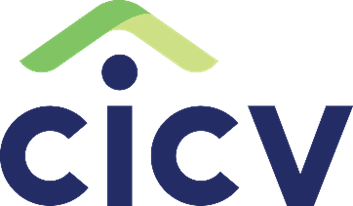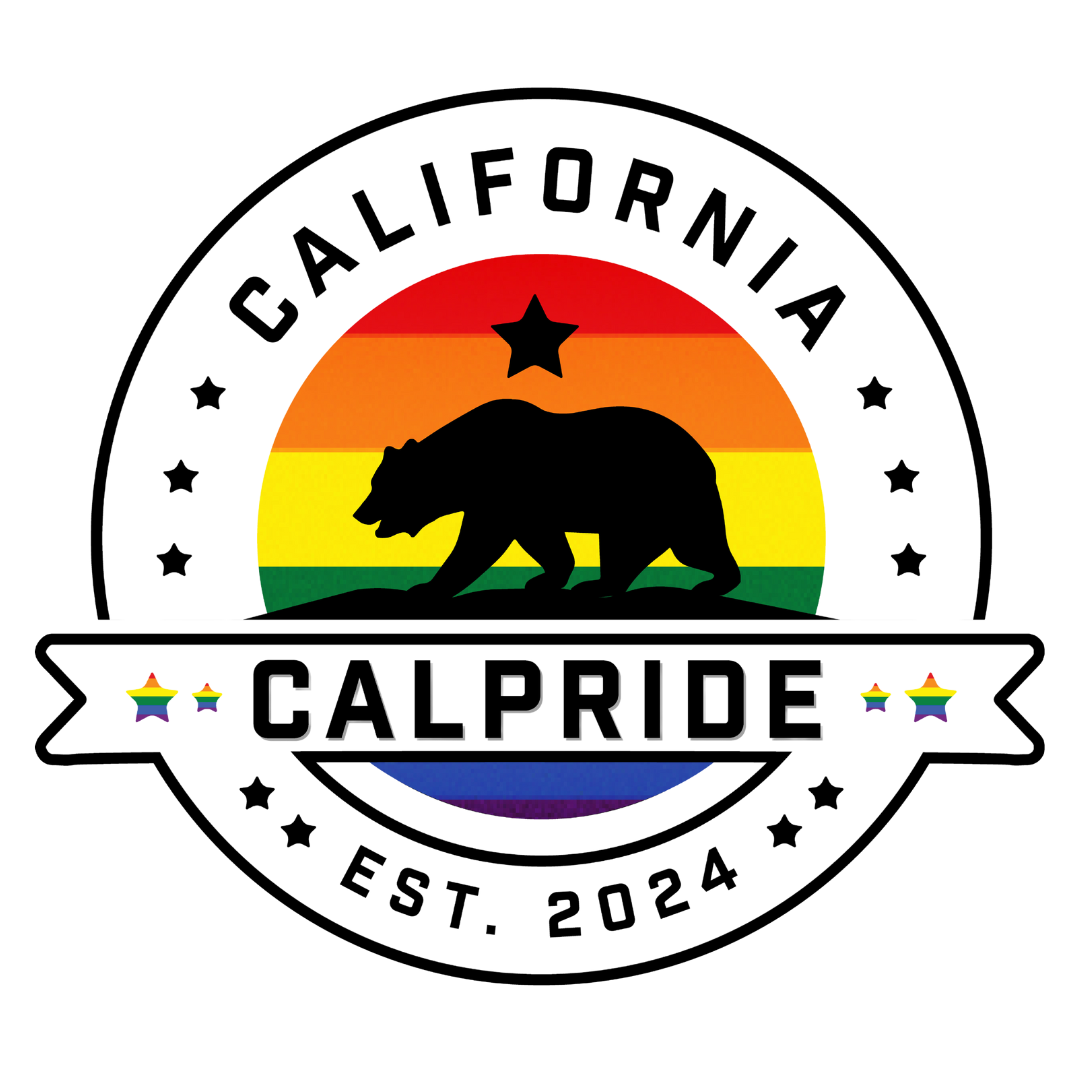
Human Immunodeficiency Virus (HIV)
The HIV Program focuses on ending the HIV epidemic in Stanislaus County. We understand that being diagnosed with HIV poses unique health and life challenges that require closer attention. We seek to address these challenges and provide HIV services, testing, and counseling in a client-centered, non-judgmental, and zero-stigma way.
What We Do
- Provide HIV services for those diagnosed with HIV.
- Conduct case management through CARE program, where clients work one-on-one with a case manager to address their needs
- Provide guidance on drug coverage applications for out-of-pocket costs of medications and health premiums for clients who qualify for ADAP.
- Monitor, investigate, and report HIV cases.
- Prevent new infections
- Provide HIV testing and counseling for those who wish to know their status.
- Educate the community on HIV prevention.
- Serve as a resource for providers.
What We Offer
The Care Program is intended to serve as a program of last resort. Enrollment priority will be given to those who are under-employed or unemployed and/or do not qualify for any other insurance.
The goal of the Ryan White HIV/AIDS Care Program is to improve the quality of life of people living with HIV and reduce further transmission of the disease. Stanislaus County residents with a confirmed HIV diagnosis, live below the 500% federal poverty level (FPL), and do not qualify for another paying source are eligible to enroll in the program.
Care Services include:
- Access to health insurance and medical services for the uninsured
- Access to medical services for those with a lapse in health insurance
- Medical and non-medical case management
- Medical and mental health assessments
- Guidance Counseling
- Health education
- Risk reduction counseling
- Some transportation and supplemental nutrition assistance
- Referrals to community partners for all other support services including housing, food, utilities, legal, and many more
HIV treatment does not have to mean going broke! The AIDS Drug Assistance Program (ADAP) ensures timely access to approved HIV medications for people with low income who live with HIV and have limited lapse in or no health coverage from private insurance, Medicaid/Medi-Cal, or Medicare.
ADAP Eligibility requirements:
- Proof of Identity
- Proof of California residency
- Proof of HIV infection via a positive QuantiFERON labs or diagnosis letter
- Proof of Income with a Modified Adjusted Gross Income (MAGI) that does not exceed the 500% Federal Poverty Level based on family size and household income
- Have a valid prescription from a licensed California physician; and
- Proof of Medi-cal ineligibility or lacking private insurance that covers medications.
PrEP, or Pre-Exposure Prophylaxis, is a medication to prevent HIV. Currently, Truvada and Descovy are the only medications approved for PrEP.
For clients who are uninsured or insured but lacking coverage, our ADAP enrollment workers can assist with the Gilead application to see if a client can qualify for low-cost or no-cost medication. Additionally, enrollment workers will assist with the ADAP application, which helps with coverage for medical visits and lab costs. Providers from PlushCare, a Telemedicine company, will evaluate clients who qualify to confirm if they will be a good candidate for PrEP.
Clients will need to provide proof of income and identification to start the process.
Our HIV staff provides anonymous and confidential HIV testing and counseling for those unaware of their status. People who have had contact with someone who is HIV-positive are recommended to get tested immediately.
Testing is also recommended if you:
- Had unprotected sex with multiple partners; this means having sex without a condom or not taking medications to prevent HIV.
- Had anal sex, especially being a receptive partner (or bottom), without a condom.
- Have a history of or current diagnosis of a sexually transmitted infection, such as chlamydia, gonorrhea, syphilis, bacterial vaginosis, and herpes. Other STIs increase the risk of getting HIV due to greater chances of being exposed to the virus.
- Shared needles or syringes.
- Used drugs or alcohol that increase risks as substances can impair judgment and make people take risks they would not ordinarily take.
Resources
HIV Basics
- HIV Fact Sheet
- HIV/ADAP Program
- CDC HIV Homepage
- CDPH Office of AIDS Homepage
- Pre-Exposure Prophylaxis (PrEP) Basics
- Post-Exposure Prophylaxis (PEP) Basics
- Undetectable = Untransmittable (U=U) Campaign
- U=U Positive Series
- Sin Verguenza - short telenovela addressing how HIV stigma affects families and relationships
For medical providers, including hospitals and community organizations:
Reporting is Mandated by Title 17, California Code of Regulations. Please see the Reportable Diseases and Conditions in Stanislaus County. To report by phone, please call 209-558-7356.
If a patient is newly diagnosed or have been out of care/non-adherent, please contact us as soon as possible to help initiate rapid linkage to care. Time is of essence for these patients. The sooner they can start or restart their medications, the better the outcome for these patients.
If a patient is already in care and taking medications but just need extra assistance, feel free to reach out to us regarding these patients if they are interested in our services. Resources are available for clients as needed should they qualify for services.






